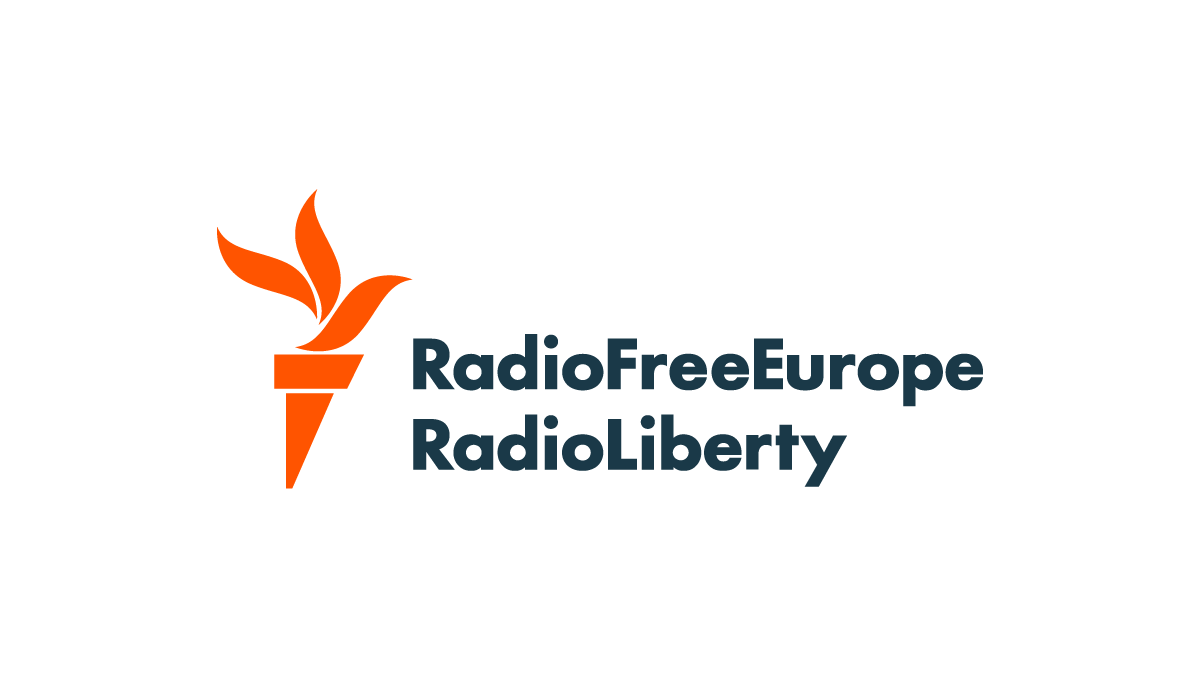Armenia, EU to start delayed talks on joint action plan
The European Union will open negotiations with Armenia within one month on concrete actions stemming from its inclusion in a program envisaging privileged ties with the bloc, a senior EU envoy said on Thursday. The talks on the “action plan” for Armenia within the framework of the EU’s European Neighborhood Policy (ENP) were scheduled to start earlier this month but were put off indefinitely. Heikki Talvitie, the EU’s special representative to the South Caucasus, revealed that the delay was caused by a dispute between Azerbaijan and “one EU country,” presumably Cyprus. The internationally recognized government of Cyprus is angry at Baku’s recent decision to establish direct contacts with the Turkish-occupied north of the island. Official Nicosia is reportedly blocking the start of talks on a similar action plan for Azerbaijan, which was also included in the ENP along with Georgia last year. Talvitie, in Yerevan on yet another tour of the region, explained that the Azerbaijani-Cypriot dispute has affected Armenia and Georgia because the EU wanted to show a “balanced approach” and start the ENP talks with the three South Caucasus states simultaneously. “We have one month settle the problem and start consultations simultaneously with the three countries,” he said. “If we fail to resolve it, we will start consultations with those countries that are ready [for the process].” “Armenia has really done a good job preparing for this process,” the diplomat added. “We are confident that we can implement a good action plan with Armenia.” The plan is expected to be based on a report which was released by the EU’s executive European Commission in March. The 30-page document calls for democratic elections, the rule of law, respect for human rights, anti-corruption measures as well as further economic reforms in Armenia. The issue featured large during Talvitie’s meetings on Thursday with President Robert Kocharian and Foreign Minister Vartan Oskanian. The latter said over the weekend that the ENP “brings Armenia back home.” Speaking at a joint news conference with Oskanian, Talvitie reaffirmed EU support for Kocharian’s package of amendments to the Armenian constitution which is due to be put to a referendum in November. “We do not want to take part in your referendum, but we support these changes and think they would be a very serious tool in the hands of both the government and the opposition,” he said. The unresolved Nagorno-Karabakh conflict was also on the agenda of the talks. Talvitie arrived in Yerevan from Baku where he discussed the issue with Azerbaijani leaders. The envoy urged the conflicting parties to build on progress in the peace process made over the past year. “The overall evaluation is that there is a momentum for a settlement of the problem,” Oskanian said for his part. “There are positive changes and today our main task is to be able to use this opportunity and achieve more progress in the process after the [November] parliamentary elections in Azerbaijan.”
© Azg
The European Union will open negotiations with Armenia within one month on concrete actions stemming from its inclusion in a program envisaging privileged ties with the bloc, a senior EU envoy said on Thursday. The talks on the “action plan” for Armenia within the framework of the EU’s European Neighborhood Policy (ENP) were scheduled to start earlier this month but were put off indefinitely. Heikki Talvitie, the EU’s special representative to the South Caucasus, revealed that the delay was caused by a dispute between Azerbaijan and “one EU country,” presumably Cyprus. The internationally recognized government of Cyprus is angry at Baku’s recent decision to establish direct contacts with the Turkish-occupied north of the island. Official Nicosia is reportedly blocking the start of talks on a similar action plan for Azerbaijan, which was also included in the ENP along with Georgia last year. Talvitie, in Yerevan on yet another tour of the region, explained that the Azerbaijani-Cypriot dispute has affected Armenia and Georgia because the EU wanted to show a “balanced approach” and start the ENP talks with the three South Caucasus states simultaneously. “We have one month settle the problem and start consultations simultaneously with the three countries,” he said. “If we fail to resolve it, we will start consultations with those countries that are ready [for the process].” “Armenia has really done a good job preparing for this process,” the diplomat added. “We are confident that we can implement a good action plan with Armenia.” The plan is expected to be based on a report which was released by the EU’s executive European Commission in March. The 30-page document calls for democratic elections, the rule of law, respect for human rights, anti-corruption measures as well as further economic reforms in Armenia. The issue featured large during Talvitie’s meetings on Thursday with President Robert Kocharian and Foreign Minister Vartan Oskanian. The latter said over the weekend that the ENP “brings Armenia back home.” Speaking at a joint news conference with Oskanian, Talvitie reaffirmed EU support for Kocharian’s package of amendments to the Armenian constitution which is due to be put to a referendum in November. “We do not want to take part in your referendum, but we support these changes and think they would be a very serious tool in the hands of both the government and the opposition,” he said. The unresolved Nagorno-Karabakh conflict was also on the agenda of the talks. Talvitie arrived in Yerevan from Baku where he discussed the issue with Azerbaijani leaders. The envoy urged the conflicting parties to build on progress in the peace process made over the past year. “The overall evaluation is that there is a momentum for a settlement of the problem,” Oskanian said for his part. “There are positive changes and today our main task is to be able to use this opportunity and achieve more progress in the process after the [November] parliamentary elections in Azerbaijan.”
© Azg



Comment